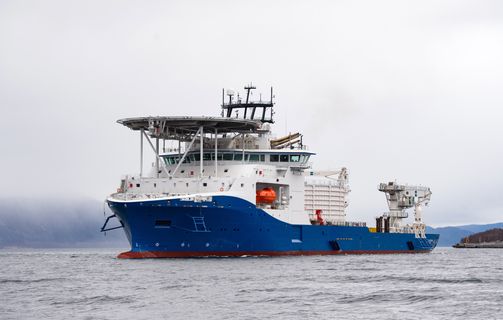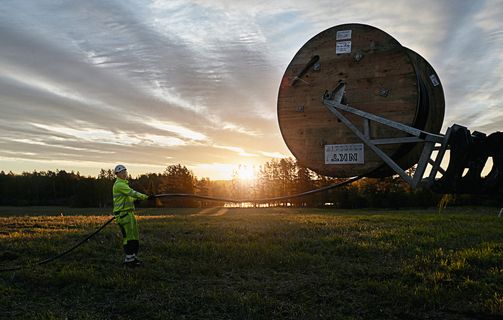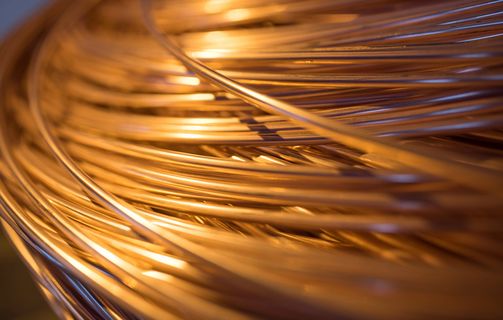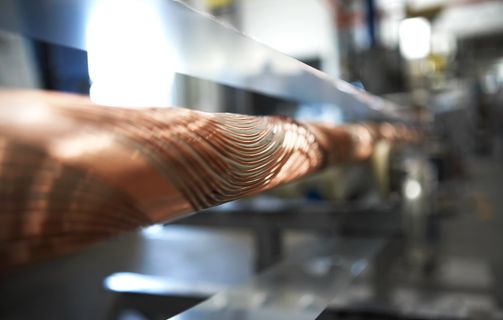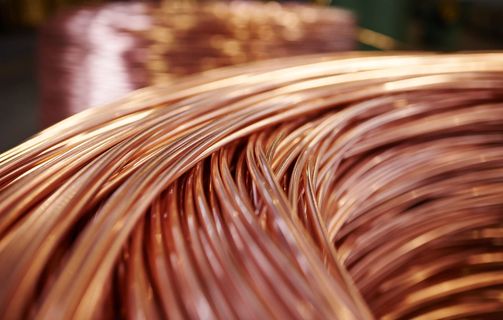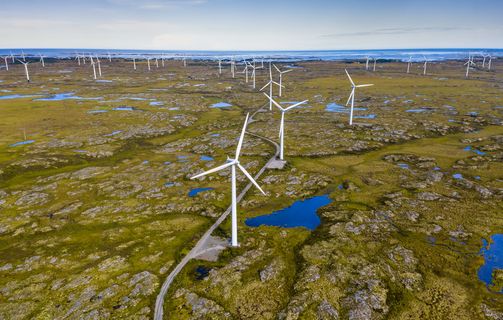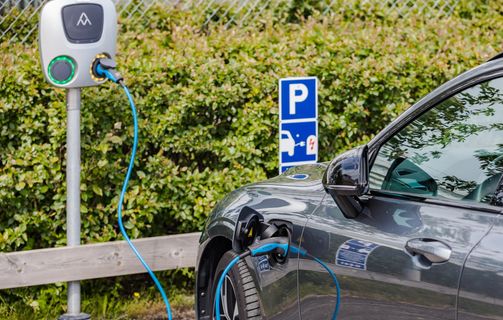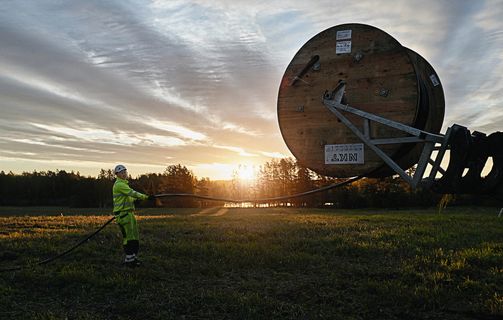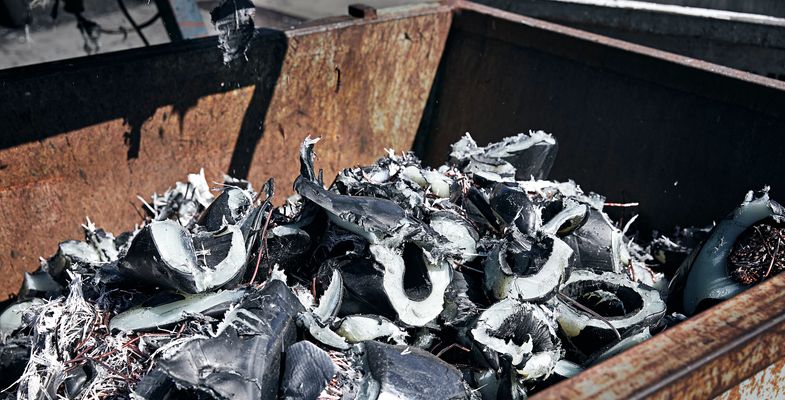Climate action
- About us
- Sustainability
- Environment
- Climate action
Low-carbon power cable production

Decarbonisation of value chain
Using low-carbon copper sourced from a mine in Sweden for HVDC power cables production
EV-mobility and alternative fuel
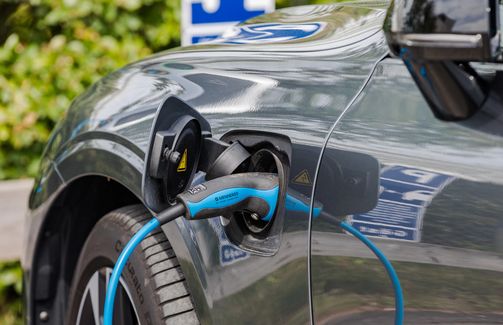
Fuel for stationary and non-stationary equipment account for a significant part of our CO2 emissions and reduction in fuel consumption is central to reducing our environmental impact.
We are converting processes and machinery to run on renewable electricity or fossil-free fuel. The transition of our company fleet to electric/hybrid vehicles (EV) has been initiated and to support this change, electric chargers have been installed at several sites. We have started the stepwise transition to electric cars in 2021 and aim to have a fully electric fleet by 2025.
At the high-voltage power cable factory in Karlskrona, Sweden, the majority of forklifts are powered by electricity or biofuel, and the transition from fossil-fuel has reduced CO2e emissions from internal logistics by 80% compared to 2020. Experience gained from the successful introduction of alternative fuel at the Swedish factory in Karlskrona is now enhancing internal logistics company-wide and we target to only use fossil-free fuels for our land-based vehicles by 2027.
Green logistics vehicle initiative at the high-voltage cable factory in Karlskrona, Sweden
Loading...
